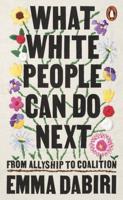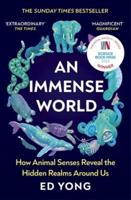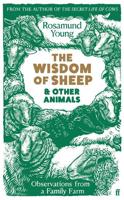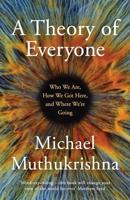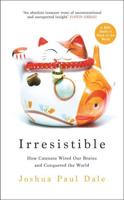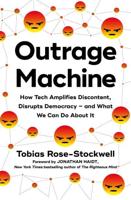Publisher's Synopsis
'Community' continues to be a persistent theme in political, philosophical and policy debates. The idea of community poses fundamental questions about social inclusion and exclusion, particular versus general interests, identity and belonging. As well as extensive theoretical literature in the social sciences, there is a rich body of social research aimed at exploring the nature of community, and evaluating its contribution to people's lives and well-being.
Drawing on a wealth of international empirical examples and illustrations, this book reviews debates surrounding the idea of community. It examines changing patterns of community life and evaluates their importance for society and for individuals. As well as urban, rural and class-based communities, it explores other contemporary forms of community, such as social movements, communes and 'virtual' gatherings in cyberspace.
Truly multidisciplinary, this book will be of interest to students of sociology, geography, political science and social policy and welfare. Grounded in a wide-ranging review of empirical research, it provides an overview of sociological debates surrounding the idea of community and relating them to the part community plays in people's everyday conceptions of identity.



